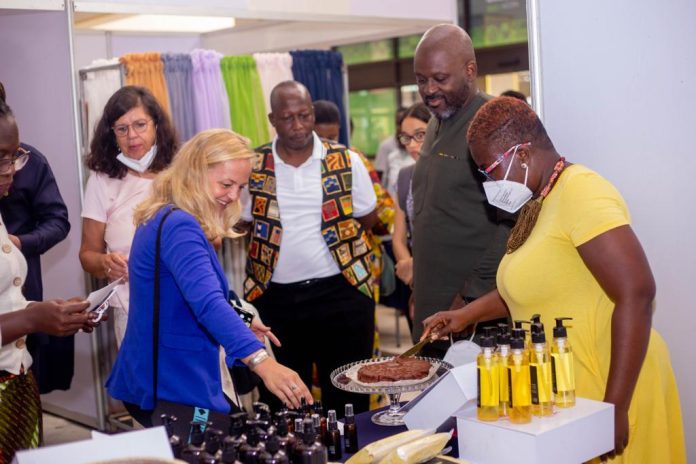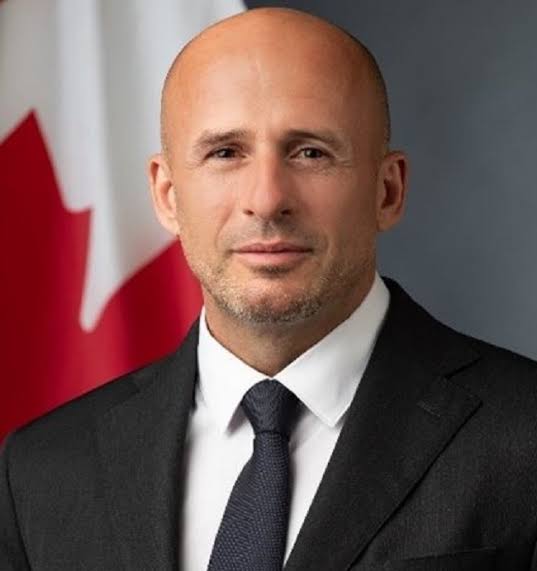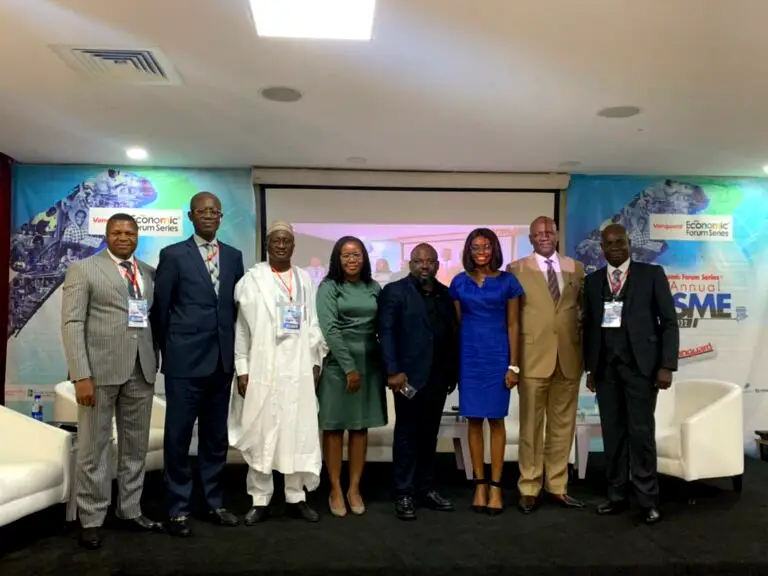Some young entrepreneurs have started exporting made-in-Ghana products, including millet mix for porridge (Hausa koko) and coconut to Germany.
This was revealed at the Ghana-Germany SME Training and Exchange Programme where as 60 Small and Medium Enterprises (SMEs) in Agri-Business, Furniture and Fashion received training, counseling and financial support.
Mr John Duti, Team Leader, Invest for Jobs – a German Federal Ministry for Economic Cooperation and Development said “Already, about 10 of them have started exporting to the German market. For example, one of them has been asked to produce three tonnes of raw coconut to Germany. One has also been asked to send our usual Hausa koko to Germany.”
Mr Duti added that SMEs in the wood industry were also exporting to Germany, noting that: “Usually, we say, we have problems with quality, but the products by these SMEs meet any international standards.”
He reiterated that SMEs had the capacity to deliver the standards of the European and other markets, adding that: “Even our SMEs who are not exporting are supported to meet the standards of the Ghana Standards Authority (GSA).”
In terms of progress, the Team Leader stated that over the course of the last two years, 60 SMEs had produced roughly 300 quality jobs, and the Invest for Jobs project had resulted in the creation of an additional 400 indirect jobs.
Ms Regina Bauerochse Barbosa, the Country Director of GIZ Ghana, said: “We can rely on the creativity, innovations, and ideas made in Ghana, thereby supporting sustainable growth and employment creation. Let’s promote Ghanaian products in Ghana and beyond.”
She claimed that the initiative had improved the readiness of Ghanaian SMEs with export and development potential to compete in domestic and global markets.
The German ambassador to Ghana, Daniel Krull, urged the SMEs to put their newfound knowledge and abilities to use in order to promote economic development.
“Your entrepreneurial spirit is the driving force of Ghana’s economic development, inclusive growth, and creating jobs for a growing number of hopeful Ghanaians,” he said.
He said the SMEs had shown the “outstanding, creativity, innovation, and the rich Ghanaian culture, and said: “I am convinced that you will make ‘Made in Ghana’ a great success and a prestigious brand across the world.”
The Team Leader of the MSME (Micro, Small and Medium Enterprises) Division at the Ministry of Trade and Industry, Mrs Stella Ansah, said Ghana was taking advantage of the promotion of Non-Traditional Exports (NTEs) to diversify the economy, which some of the SMEs would increase.
She noted that “Germany, in this regard, is seen as a formidable ally whose market is capable of giving authentic Ghanaian products and SMEs the needed visibility.”
The program’s objective was to raise productivity and fortify SMEs so they could compete on national and international markets, which would result in more jobs being created in Ghana.
Additionally, it was intended to put SMEs in a position to grow their operations, gain from the transfer of technology knowledge, and encourage collaborations between Ghanaian and German companies to increase the awareness of their products on a global scale.










